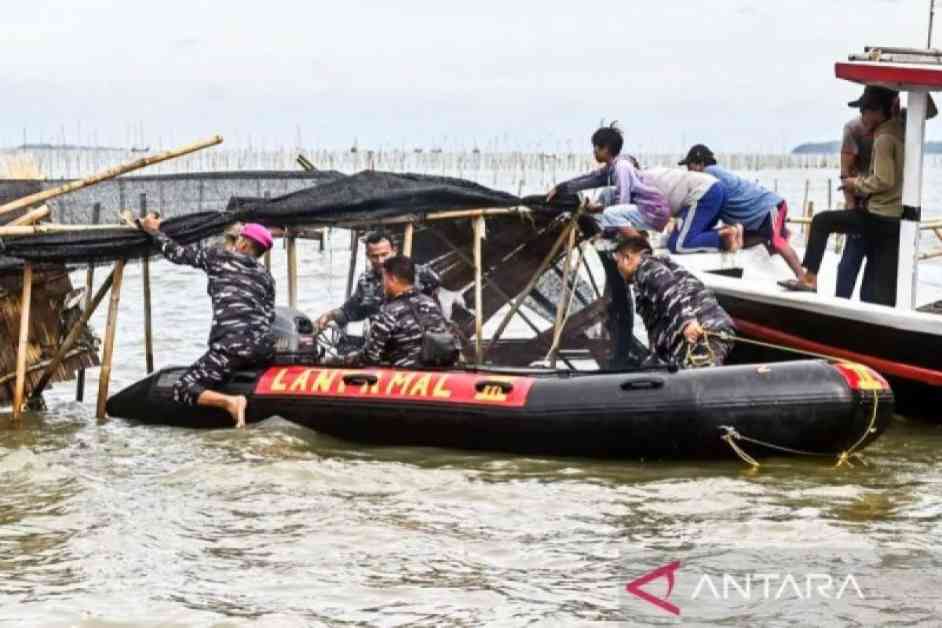Indonesia: PIK 2 PSN Status Limited to Ecotourism Project
Jakarta – The Indonesian government has officially confirmed that the Pantai Indah Kapuk (PIK) 2 residential area in Tangerang, Banten, has been granted national strategic project (PSN) status specifically for the development of the Tropical Coastland ecotourism project.
In a recent statement, Coordinating Minister for Economic Affairs Airlangga Hartarto emphasized the government’s plans to utilize funds from sources other than the State Budget to create an ecotourism destination within the PIK 2 area. This initiative aims to boost the tourism and creative economy sectors in the region.
The ecotourism project is set to encompass 1,755 hectares of land in PIK 2, with an estimated investment value of approximately Rp65 trillion (nearly US$4 billion). It is projected to directly employ 6,235 workers and generate over 13,000 jobs as a positive ripple effect within the community.
Focus on Sustainable Development
Hartarto highlighted the sustainable nature of the green tourism destination, emphasizing its role in supporting the development of a mangrove tourism area. This project aligns with the government’s broader objective of promoting environmentally conscious initiatives within the country.
Spokesperson for the Coordinating Ministry of Economic Affairs, Haryo Limanseto, reiterated the government’s commitment to holistic development across various sectors within the PSN framework. This approach prioritizes the enhancement of physical infrastructure, economic equity, food security, technological advancement, tourism promotion, and educational growth.
Dispelling Misinformation and Addressing Concerns
Limanseto addressed circulating rumors linking the PSN status of PIK 2 to the presence of an illegal sea fence in the neighboring coastal waters. He clarified that the 1,755-hectare PSN is entirely unrelated to the disputed sea fence issue, which has been a topic of recent discussion.
The Indonesian Navy has taken action to dismantle parts of the illegal sea fence, citing its lack of proper permits and disruption to local fishermen’s activities. The government remains committed to upholding regulatory standards and ensuring compliance with maritime laws in the region.
As the government continues to evaluate the progress of all national strategic projects nationwide, the focus remains on sustainable development practices and inclusive growth strategies for the benefit of local communities and the environment.
This article highlights the government’s efforts to promote sustainable development through ecotourism initiatives, emphasizing the importance of environmental conservation and community welfare in national strategic projects. By prioritizing responsible tourism practices and economic inclusivity, Indonesia aims to create a lasting impact on both its natural landscapes and the livelihoods of its citizens.






















